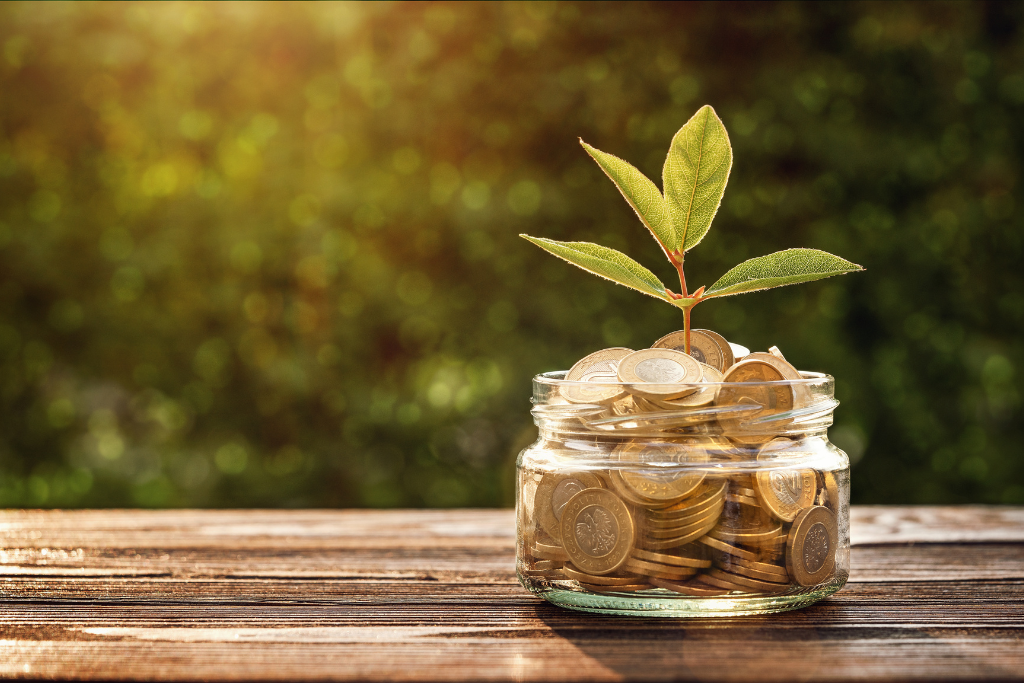
As a business owner, you’re no stranger to taking risks. You’ve stepped outside your comfort zone, embraced innovation, and committed to making a positive impact in your industry. But when it comes to your business’s financial health, a little caution can go a long way. That’s where cash reserves come in.
Cash reserves are essentially savings for your business. It serves as your financial safety net, ready to catch you when unexpected expenses arise or when a golden opportunity presents itself. But how much should you keep in reserves? And why is it so crucial for your business’s financial stability? Let’s dive in.
Determining Your Cash Reserve
The amount you should keep for cash reserves depends on your business’s risk tolerance. At a minimum, aim for 10% of your annualized revenue. This equates to roughly two months’ worth of expenses. On the higher end, consider stashing away up to 30% of your annualized revenue, which is about six months’ worth of expenses.
Why such a range? Well, every business is unique. Some businesses may have high recurring revenue, zero accounts receivable days, a strong pipeline, and owners with high personal liquidity. These businesses might be comfortable with a lower cash reserve of around 10%.
On the other hand, businesses with a high concentration on one client, a high amount of accounts receivable, no recurring revenue, high accounts receivable days, and owners with low personal liquidity might want to aim for a higher cash reserve of around 30% or more.
The Importance of Cash Reserves
Cash reserves are more than just a safety net—it’s a tool that can help your business thrive. Here’s why:
1. Weather Financial Storms:
Unexpected expenses can hit any business. Having cash reserves ensures you have the funds to cover these costs without disrupting your operations or dipping into your line of credit.
2. Take Advantage of Opportunities:
Sometimes, a business opportunity comes knocking. Whether it’s a chance to expand, invest in new equipment, or hire a key team member, having a cash reserve gives you the financial flexibility to seize these opportunities.
3. Earn Interest:
Since your cash reserve is in a savings account, it has the potential to earn interest over time. It’s a small perk, but every little bit helps.
4. Peace of Mind:
Knowing you have a financial cushion can reduce stress and allow you to focus on what you do best—running your business.
Cash reserves are a vital part of your business’s financial strategy. It provides a safety net, offers financial flexibility, and can even contribute to your bottom line through earned interest. So, whether you’re a risk-taker or a cautious planner, make sure cash reserves are a part of your financial plan.
Remember, the amount of cash you have on hand should inform your business decisions. It’s not just about having a safety net—it’s about having the financial freedom to grow and succeed.



